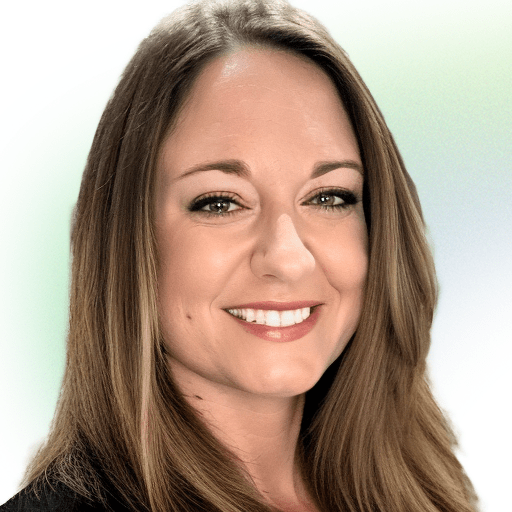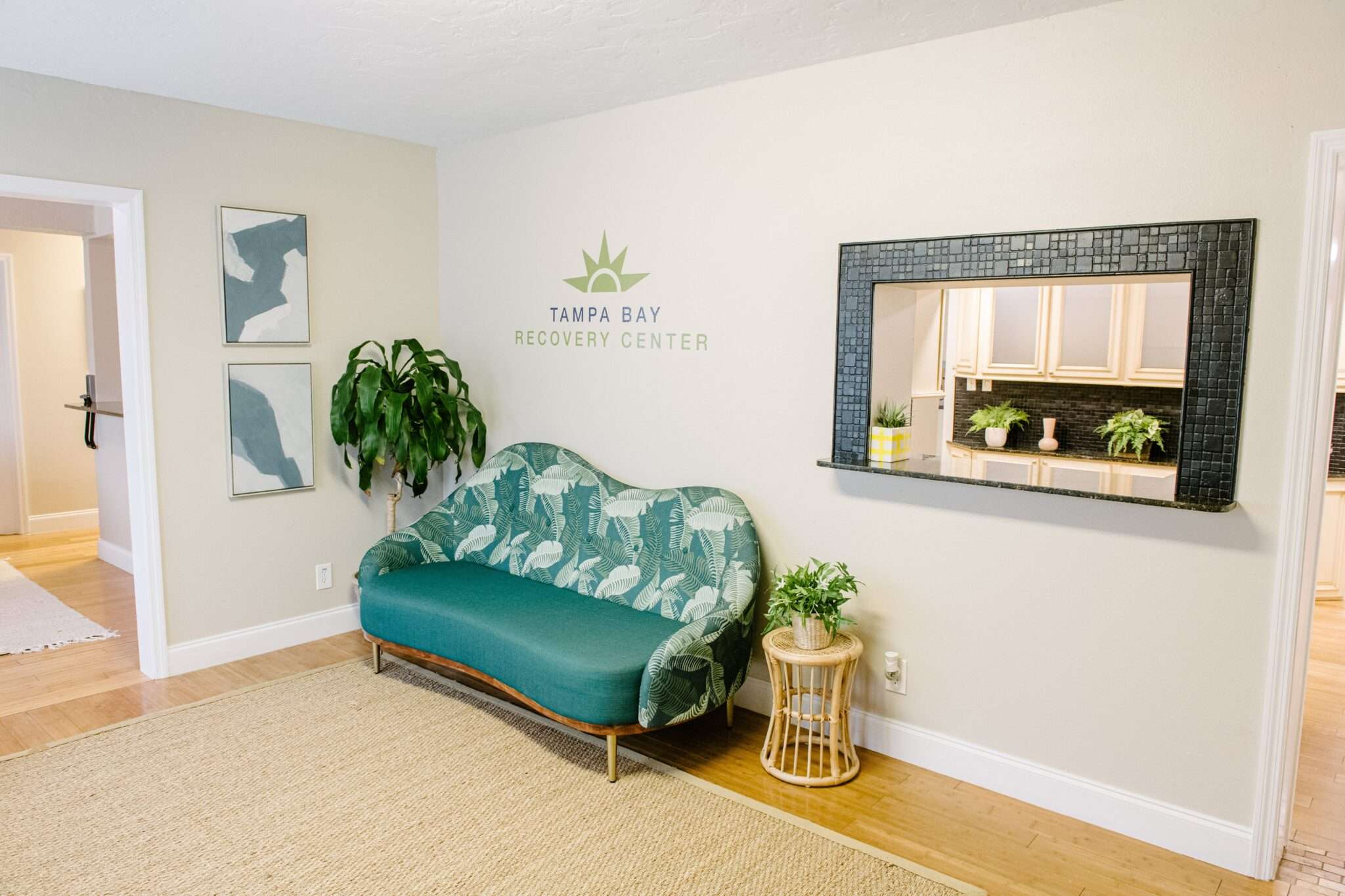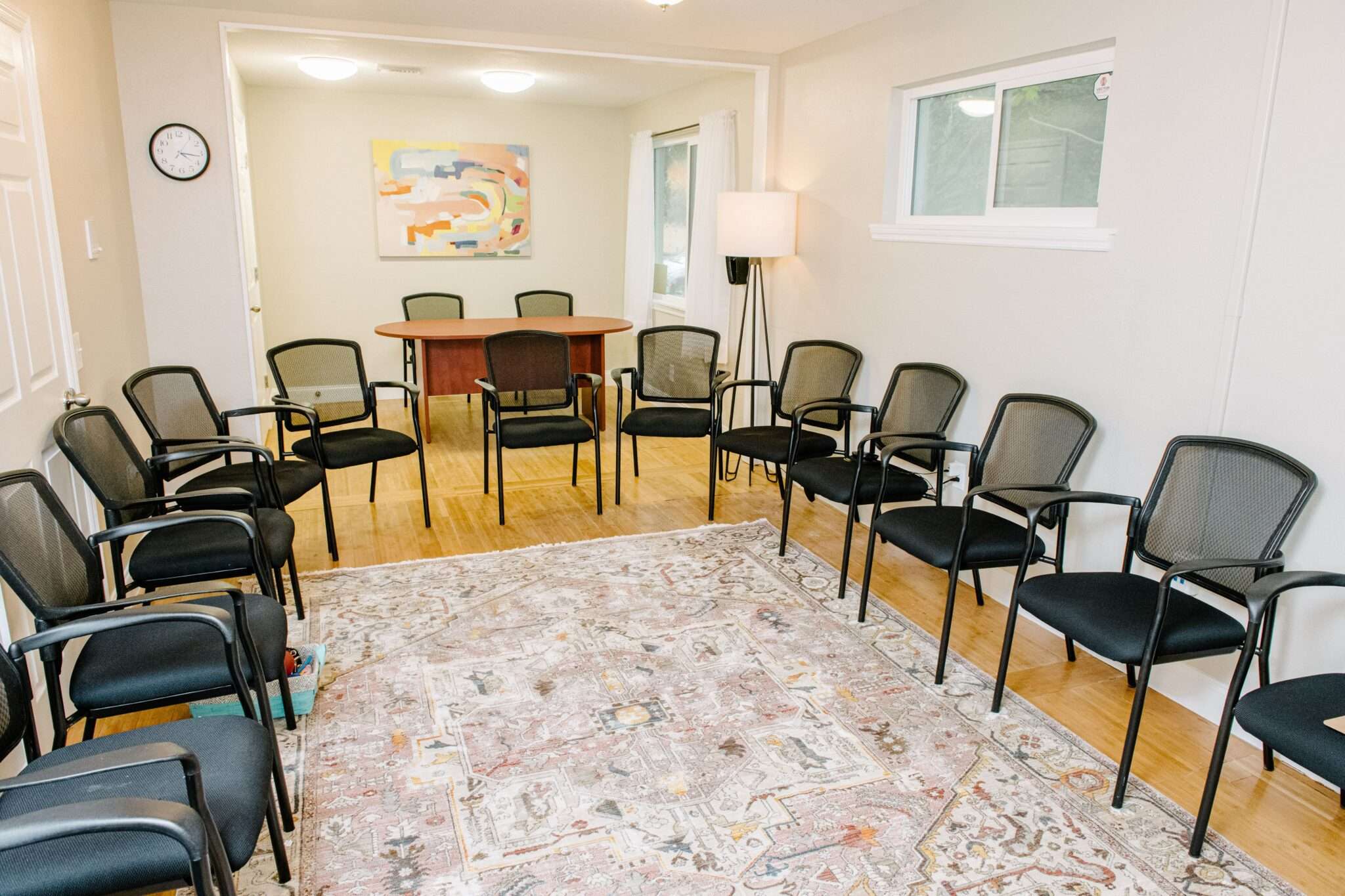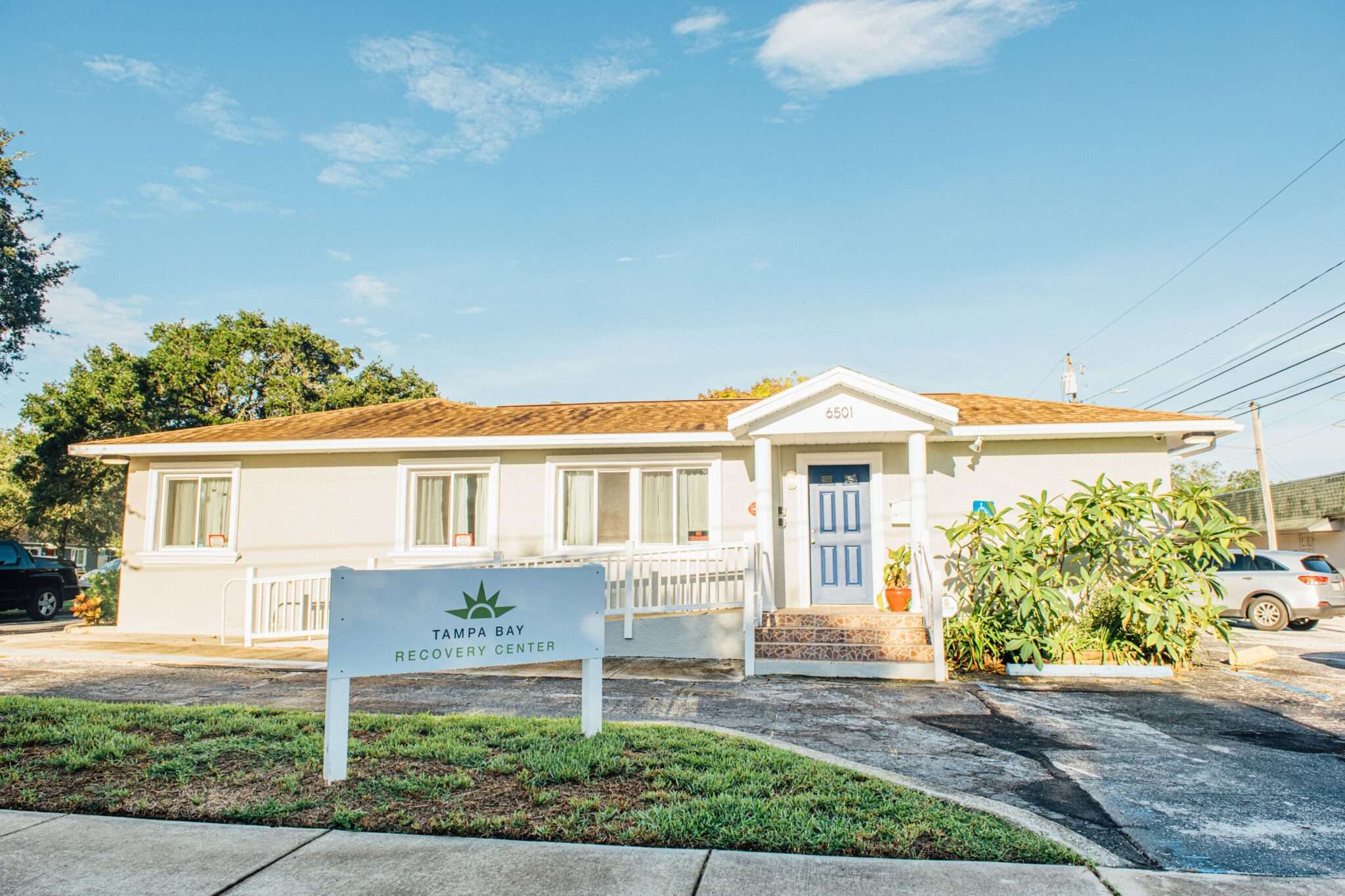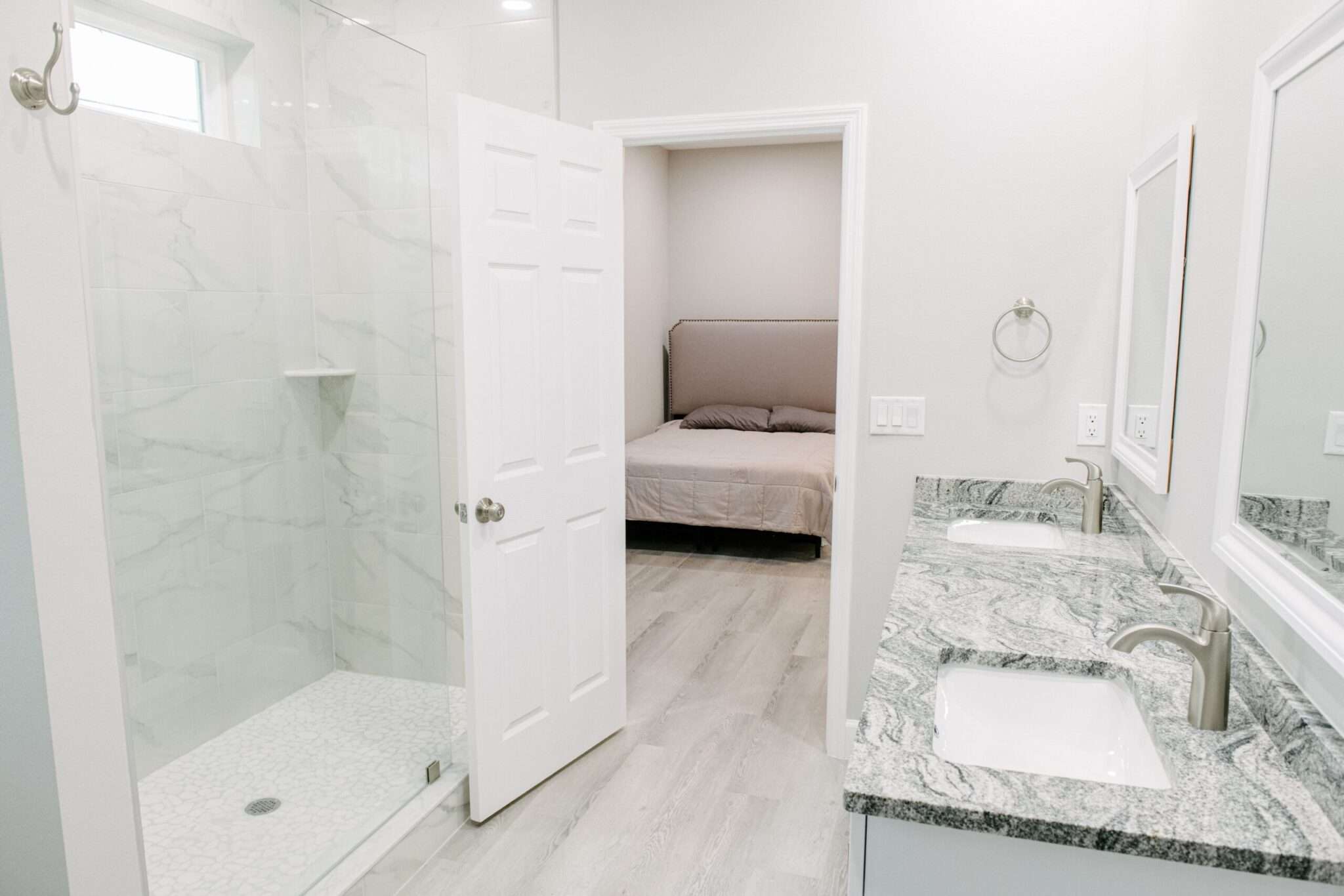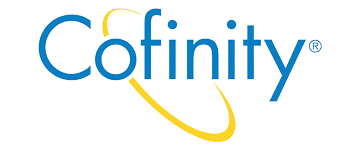Dialectical Behavior Therapy (DBT)
Dialectical behavior therapy (DBT) is an effective treatment for addiction and co-occurring mental health disorders. At our DBT therapy in Tampa, Florida, we’ll help you manage the challenging and intense emotions that drive substance abuse and other destructive behaviors.
Tampa Bay Recovery Center offers comprehensive treatment programs for addiction and dual-diagnosis disorders. Visit our admissions page today to get started.
What Is Dialectical Behavior Therapy (DBT)?
Dialectical behavior therapy (DBT) is a specialized therapeutic approach for addiction and mental health disorders.
There are several types of therapy available to treat mental health and substance use disorders. DBT is one of the most effective types of therapy because it addresses issues common among those with addiction and co-occurring mental health disorders.
DBT was developed by Marsha Linehan to treat a complex mental health disorder called borderline personality disorder (BPD). Dialectical behavior therapy is also considered a type of cognitive-behavioral therapy (CBT). (In fact, many evidence-based therapies like DBT are rooted in the fundamentals of CBT).
However, since its development, DBT has been proven effective in treating other disorders, like addiction, post-traumatic stress disorder (PTSD), anxiety, and depression.
Thus, while DBT is highly effective in treating BPD, it can help several other disorders as well. This is because many behavioral health disorders have several symptoms in common.
What Does DBT Treat?
DBT treats specific symptoms related to mental health and substance use disorders.
Each person in recovery from addiction and mental health disorders displays different symptoms. Sometimes, what works for one person doesn’t work for another—even if they have the same diagnosis. Therefore, it is important to find a type of therapy that matches your symptoms.
Having said that, DBT is commonly used to treat the following disorders and behaviors:
- Borderline Personality Disorder (BPD)
- Substance Use Disorder (SUD)
- Depression
- Post-Traumatic Stress Disorder (PTSD)
- Anxiety
- Eating Disorders
- Self-Harm
- Suicidal Behaviors
Furthermore, according to Psychiatry Research, “Adults with dual diagnosis were estimated to constitute 25.8% of those with any psychiatric disorder; 36.5% of those with any SUD and 17.8% of the 75.8 million adults with either disorder.”
DBT is also effective in treating dual-diagnosis disorders—or co-occurring substance use and mental health disorders.
How Does DBT Therapy in Tampa Work?
DBT works by addressing symptoms common to certain types of mental health disorders and addiction.
During DBT, you’ll learn to manage specific symptoms common among those in addiction and mental health treatment. These symptoms include:
- All-or-nothing thinking
- Low tolerance for discomfort and distress
- Poor impulse control
- Relationship problems
- Self-destructive behaviors
- Emotional dysregulation
In order to address these and other symptoms, DBT teaches you four modules to improve your coping skills. Furthermore, these modules can be part of individual or group therapy.
What Are the 4 Modules of DBT?
The following are the four modules of our DBT therapy in Tampa:
- Mindfulness: Reliving the past or worrying about the future can distract you from the present moment. Mindfulness training during DBT helps you focus on the present—where you are and what you are doing now.
- Distress Tolerance: Oftentimes, those with addictions struggle to manage their feelings during stressful situations. Distress tolerance improves your ability to manage uncomfortable emotions rather than trying to escape or avoid them.
- Interpersonal Effectiveness: A common symptom of those with an addiction or mental health disorder is disruptions in relationships with family, friends, and romantic partners. Interpersonal effectiveness teaches you the skills to establish healthy boundaries, communicate your needs to others, and compromise.
- Emotional Regulation: Emotions drive our behaviors and interactions with others. However, erratic emotional responses can steer you toward self-destructive behaviors as well as “all-or-nothing” thought patterns. Emotional regulation skills help you keep your emotions from getting out of control.
As you participate in DBT, you’ll work on building each of these four skills. Your therapist will guide you through the process—whether in a one-on-one session or within a group. In addition, you’ll get “homework” between sessions to build these skills in your everyday life.
Do I Need Dual-Diagnosis Treatment? (Signs of Addiction)
If you show signs of drug or alcohol addiction and have a mental health disorder, then you need dual-diagnosis treatment.
Substance abuse is often a reaction to inner stress or turmoil. People who struggle to manage powerful emotions often turn to drugs or alcohol—or other destructive behaviors—to regulate their emotions. Furthermore, substance abuse is usually a sign of an underlying mental health disorder.
The following questions can help you determine if you need dual-diagnosis treatment:
- Do you use or drink more than you intend to on most occasions?
- Have you failed at multiple attempts to cut back or quit drinking or using drugs?
- Do you have strong cravings and obsessive thoughts about the next time you can drink or get high?
- Is most of your time spent using or recovering from substance abuse?
- Are you having problems maintaining your responsibilities to work, family, or school because of substance use?
- Do you prioritize substance use over nearly everything else in your life?
- Do you continue to abuse substances despite significant disruptions in your relationships with friends and family?
- Have you ever experienced withdrawal symptoms if you’ve stopped using drugs or alcohol for a few days (which then drove you right back to using and drinking again)?
- Do you continue to use drugs or alcohol despite negative social, physical, emotional, or mental health consequences?
- Have you engaged in reckless behaviors or acted in ways you normally wouldn’t while under the influence?
- Do you need to use or drink more for the same effect (i.e., develop a tolerance for drugs or alcohol)?
- Are you mixing different substances to enhance the effects (for example, drinking alcohol with prescription painkillers)?
- Do you use drugs or drink alcohol to “numb out,” improve your mood, or otherwise self-medicate for mental health symptoms?
If you answer “yes” to at least two or more of the above, you most likely need dual-diagnosis treatment. The more questions you answer “yes” to, the more severe your addiction.
However, it’s important to note that you don’t need to hit “rock bottom” or struggle with a severe addiction before getting help. You can always enter treatment as a way of preventing a mild or moderate substance abuse problem from worsening.
Comprehensive treatment programs use evidence-based therapies, like DBT, to treat the underlying mental health symptoms causing your addiction.
When combined with other approaches, such as holistic therapy, psychiatry, and medication-assisted treatment (MAT), our DBT therapy in Tampa will give you the edge you need to overcome your addiction.

